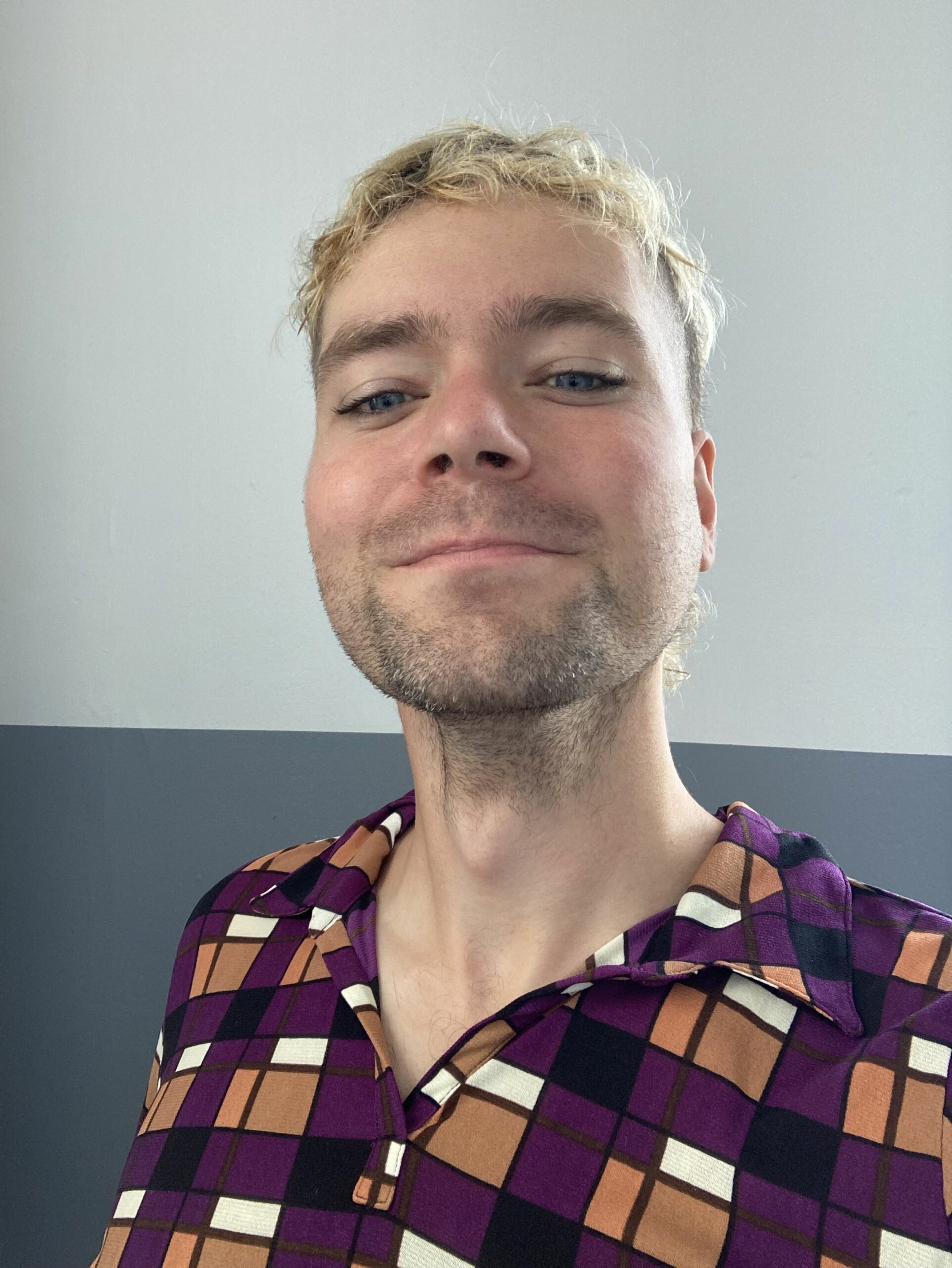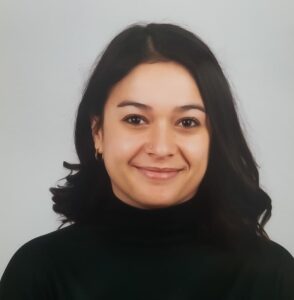


Annie Pullen Sansfaçon, professor at the School of Social Work at the Université de Montréal, holds the Canada Research Chair in Partnership Research and Empowerment of Vulnerable Youth (CRC-ReParE). This chair succeeds the former Canada Research Chair in Transgender Children and Their Families (CRC-ETF) and aims to produce empirical, intersectional knowledge on the logic of social exclusion and inclusion of vulnerable youth. From 2023 to 2025, she was entrusted with she was appointed Associate Vice-rector for First Peoples Relations in the Vice-President's Office for Strategic Planning and Communications, and since September 2025, she has served as Vice-rector office for Global Engagement and First People. She co-founded and co-directed the Centre for Interdisciplinary Research on Intersectional Justice, Decolonisation and Equity (CRI-JaDE). Her experience as a Wendat woman and her commitment to gender-diverse youth and their parents have shaped her research career. Using methodologies and interventions rooted in gender-affirmative and anti-oppressive perspectives, her work aims not only to understand the experiences of these vulnerable groups, but also to promote their autonomy, agency and capacity to resist oppression. Annie Pullen Sansfaçon is a committed researcher whose work lies at the intersection of social work, ethics and social justice.

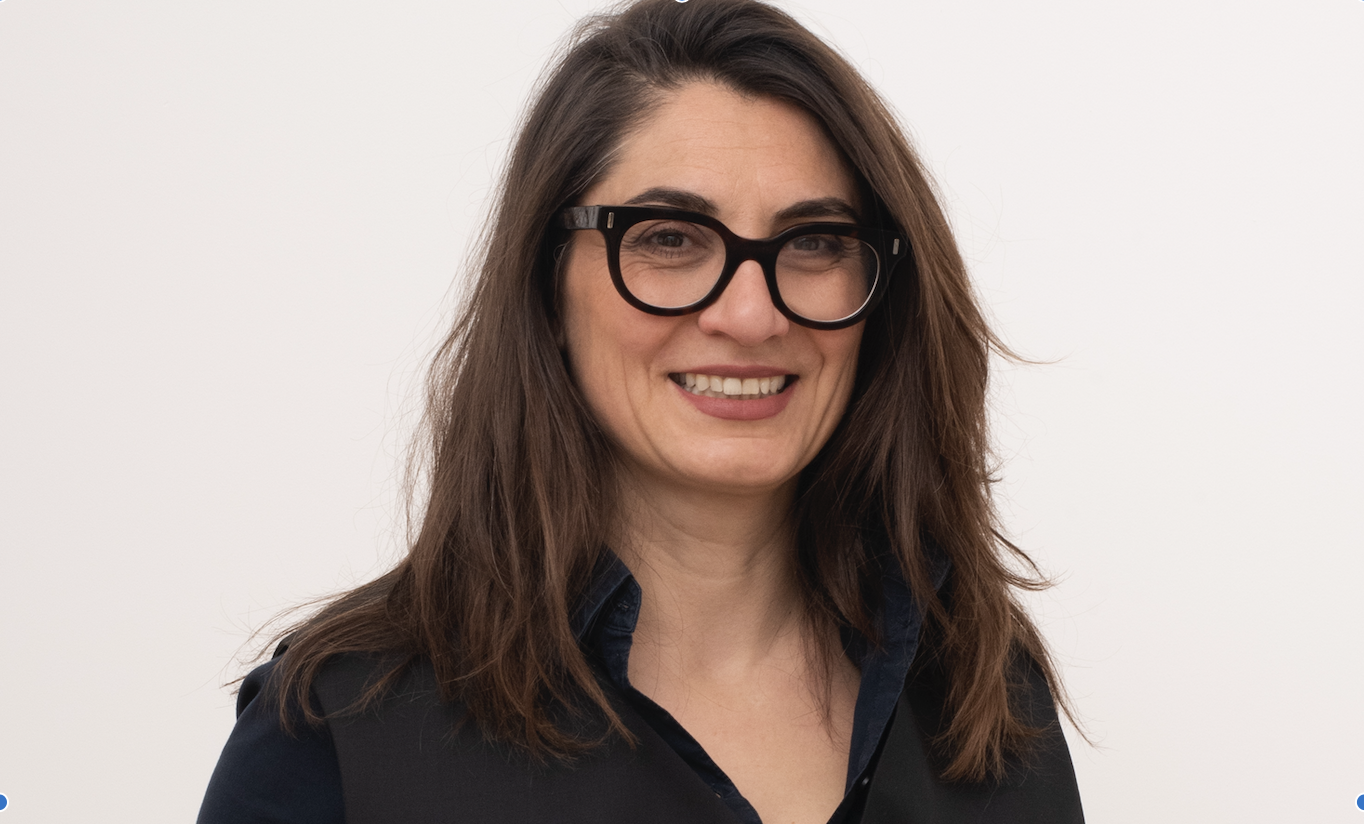
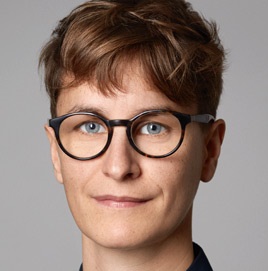
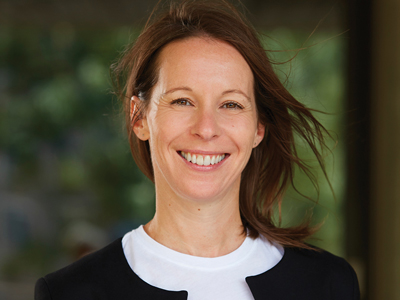
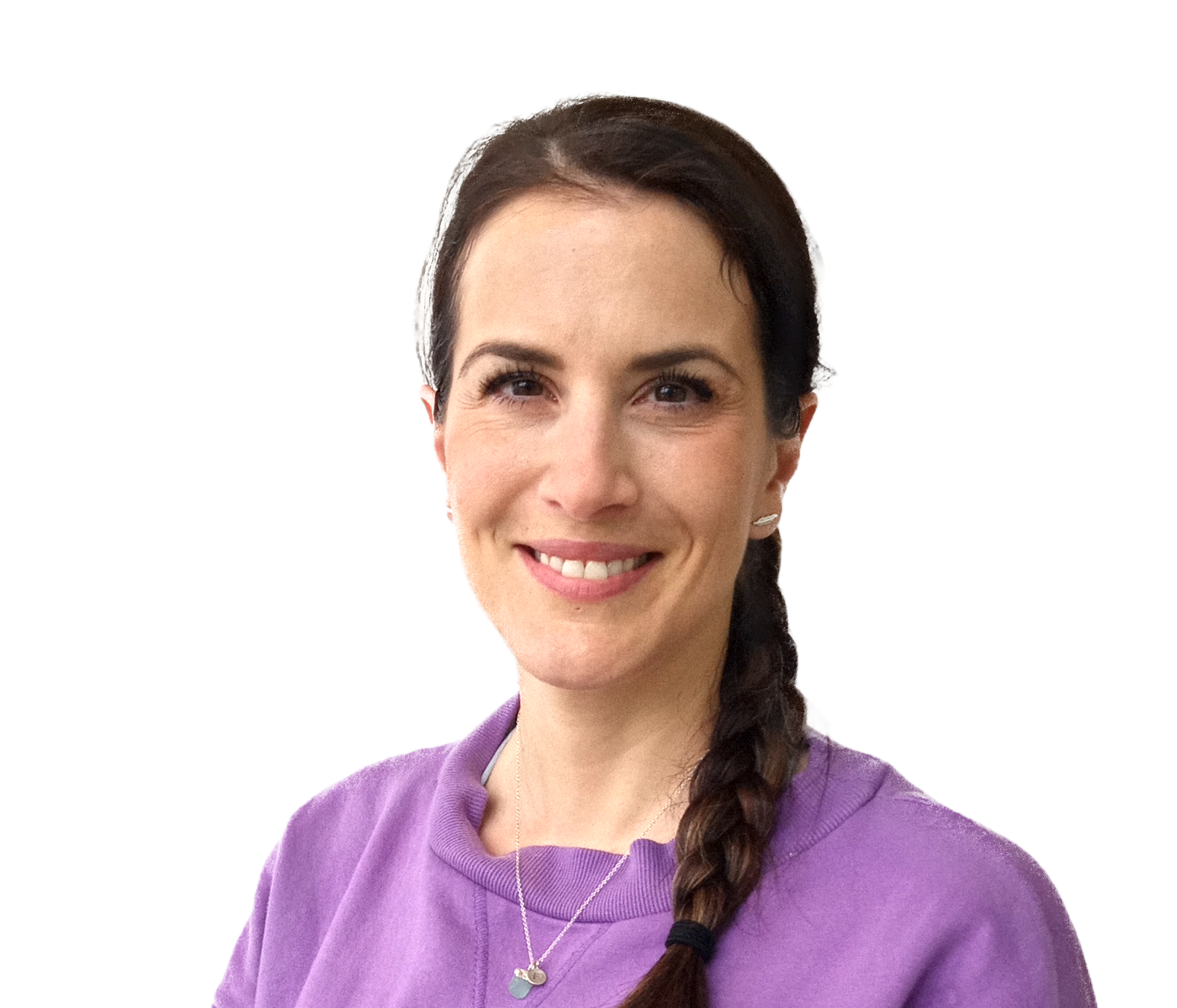





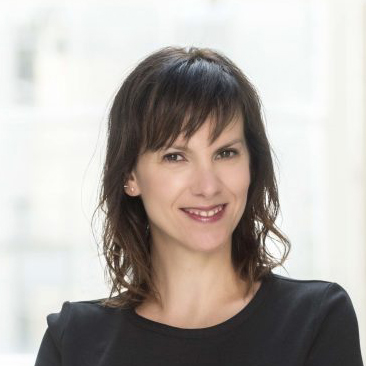
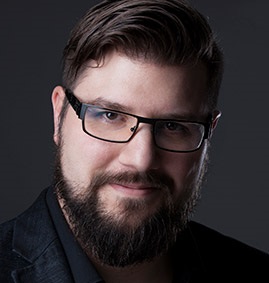
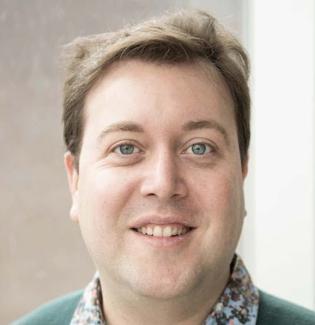
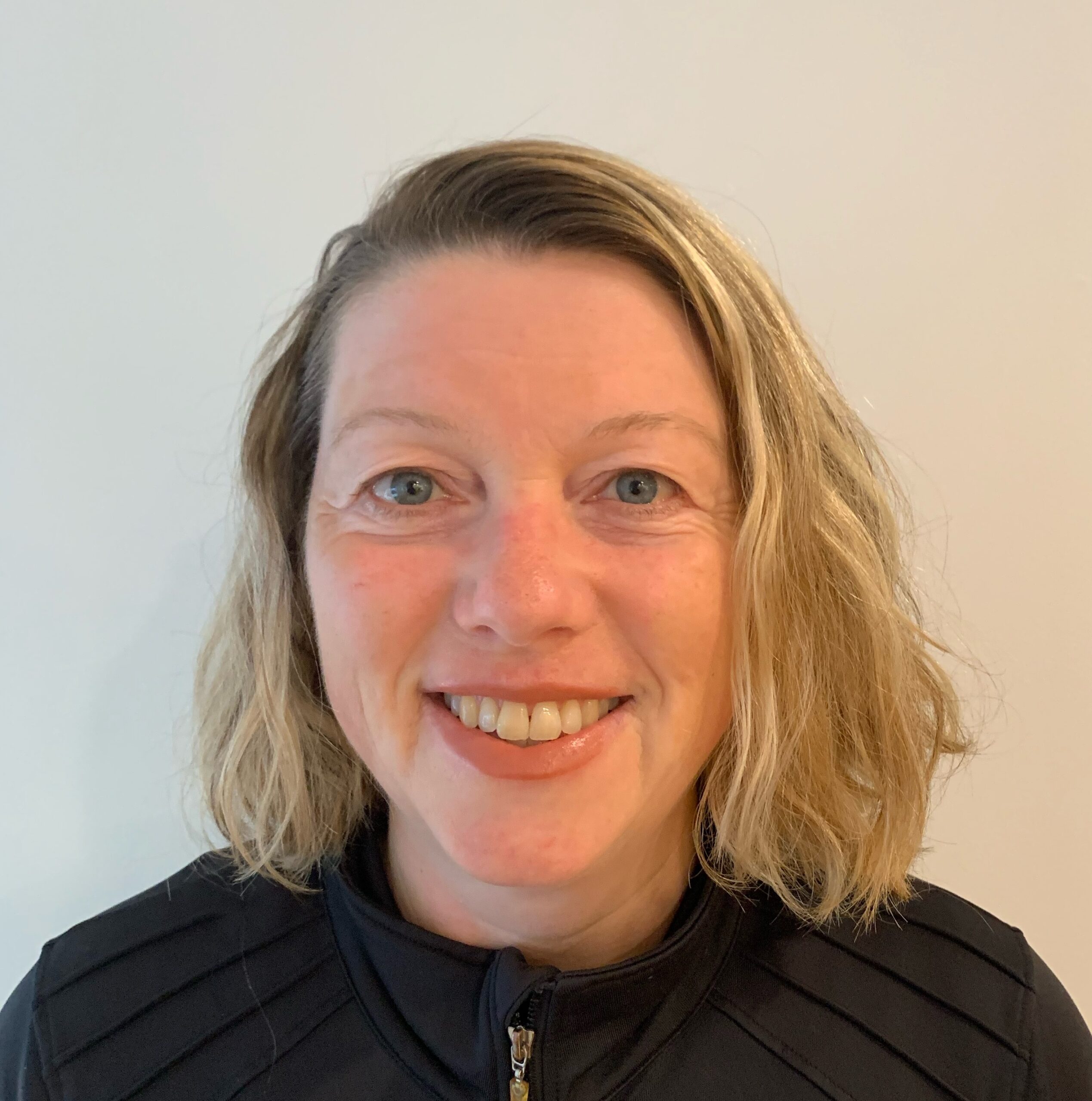


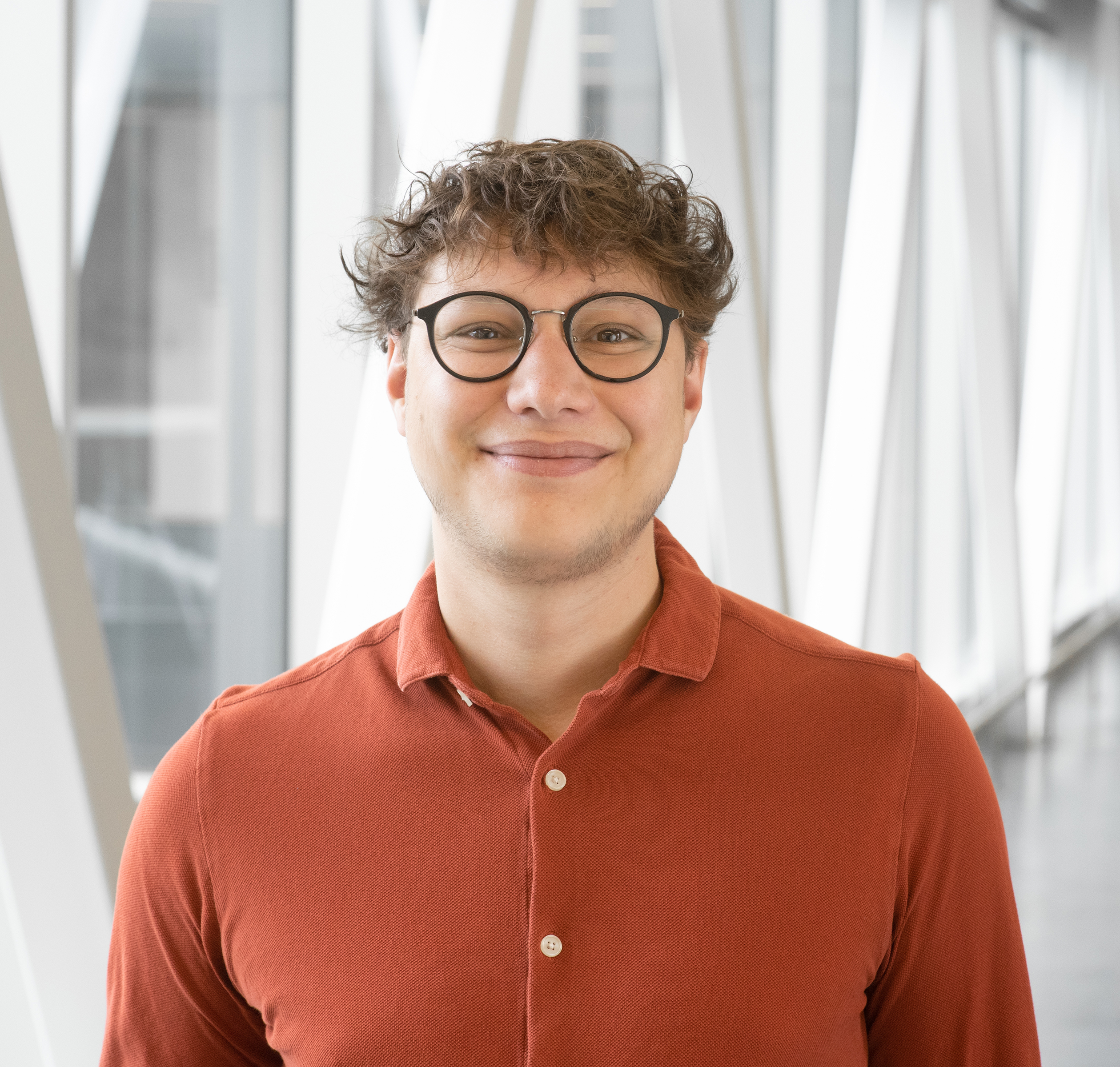
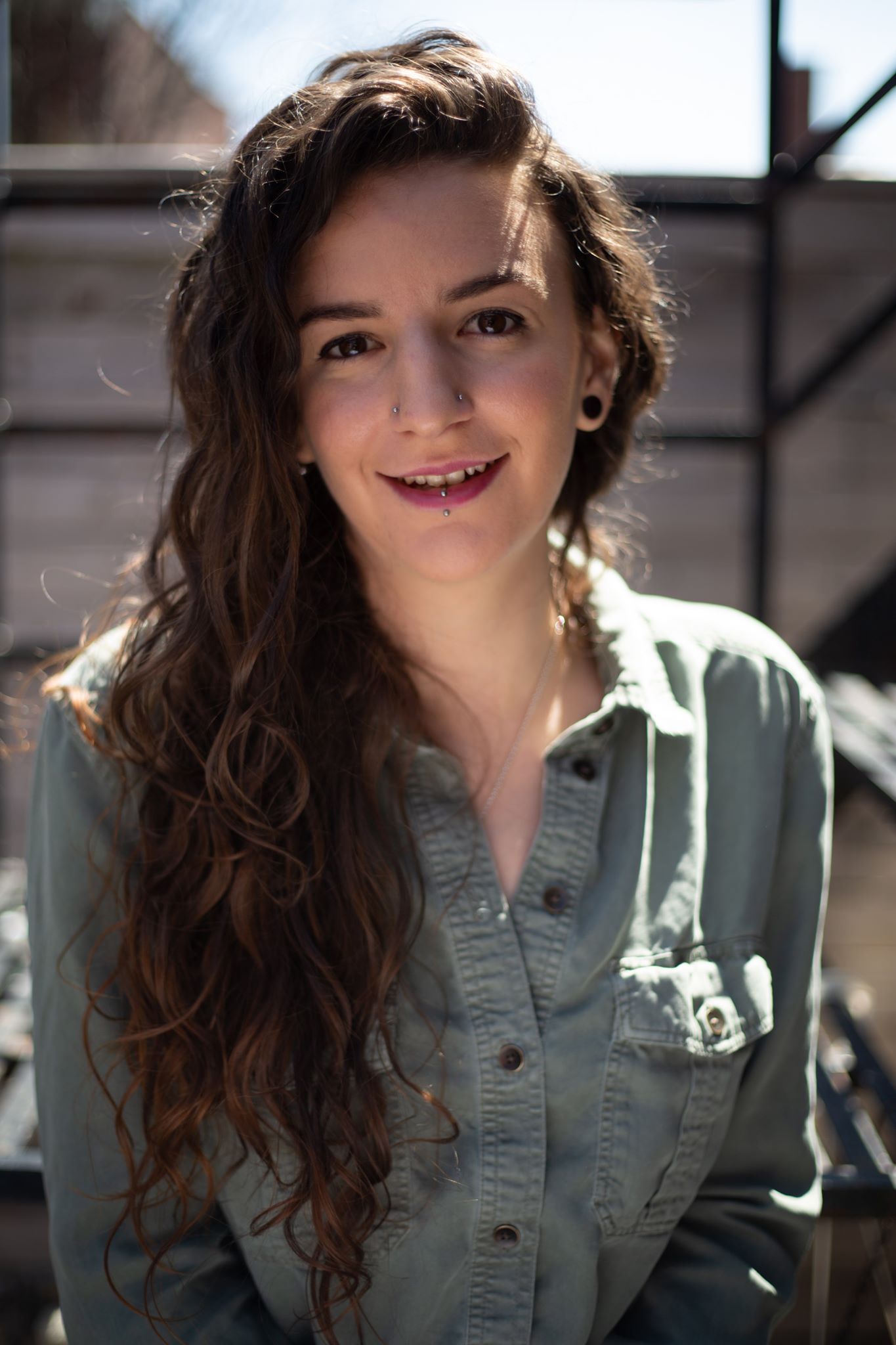
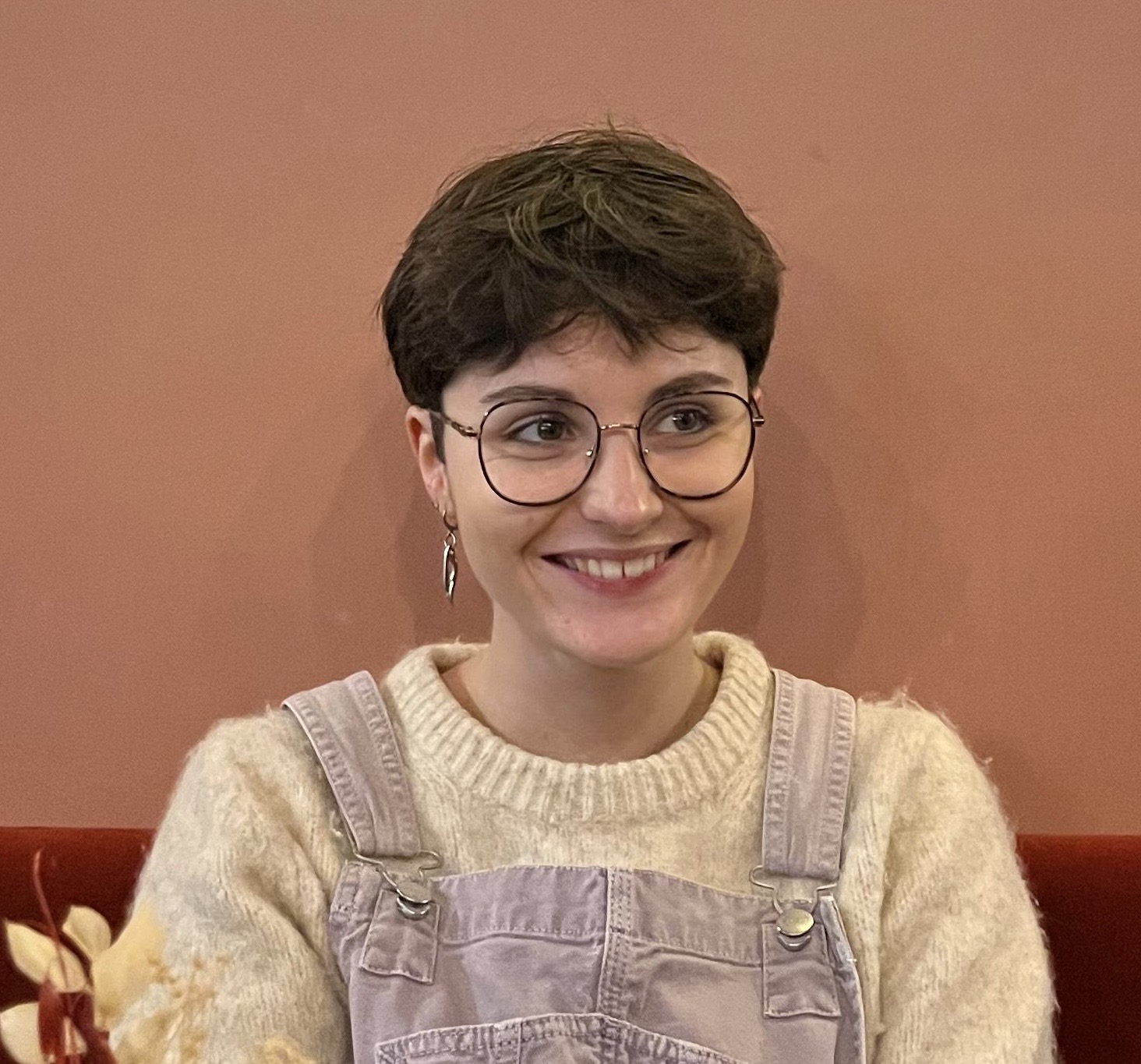

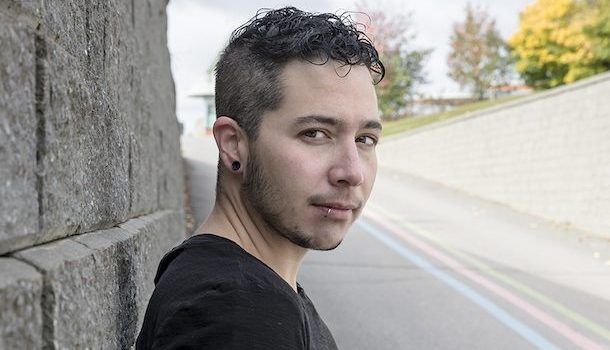
Samuel Champagne holds a doctorate in literature and a postdoctorate in social work. He specialises in LGBT studies and the sociology of literature. He created and conceptualised the coming-in process. He is also an author: he has published some fifteen works, many of which deal with sexual and gender diversity. He was named guest of honour at the Salon du Livre de Montréal (2018), and was the recipient of the Dorais-Ryan grant (2015), the AQPF-ANEL prize (2015 and 2023), the Prix Relève du CMCC (2016), the Prix Espiègle (2018) and the Best Thesis award (2019). He is currently working as a research professional on the Grandir Trans project.


